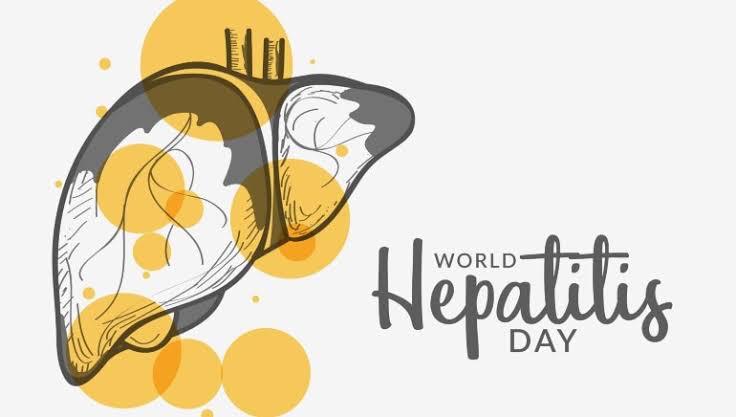
World Hepatitis Day is observed each year on 28th July to raise awareness of viral hepatitis, an inflammation of the liver that causes severe liver disease and hepatocellular cancer. It is an opportunity to step up national and international efforts on hepatitis, encourage actions and engagement by individuals, partners and the public and highlight the need for a greater global response as outlined in the WHO’s Global hepatitis report of 2017.
The date of 28th July was chosen because it is the birthday of Nobel-prize winning scientist Dr. Baruch Blumberg, who discovered hepatitis B virus (HBV) and developed a diagnostic test and vaccine for the virus. Low coverage of testing and treatment is the most important gap to be addressed in order to achieve the global elimination goals by 2030.
This year’s theme is “Hepatitis Can’t Wait”. With a person dying every 30 seconds from a hepatitis related illness – even in the current COVID-19 crisis – we can’t wait to act on viral hepatitis. There are five main strains of the hepatitis virus – A, B, C, D and E. Together, hepatitis B and C are the most common which result in 1.1 million deaths and 3 million new infections per year.